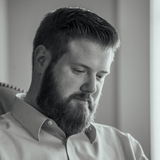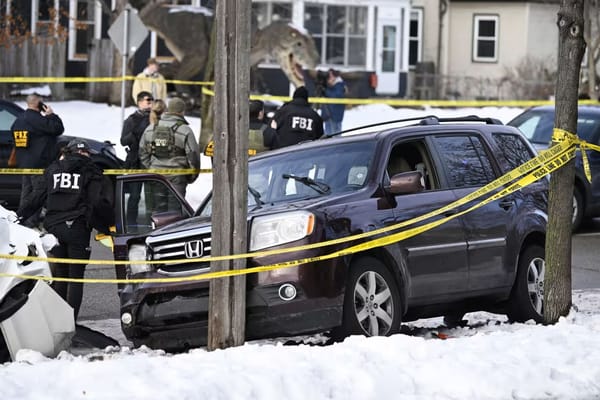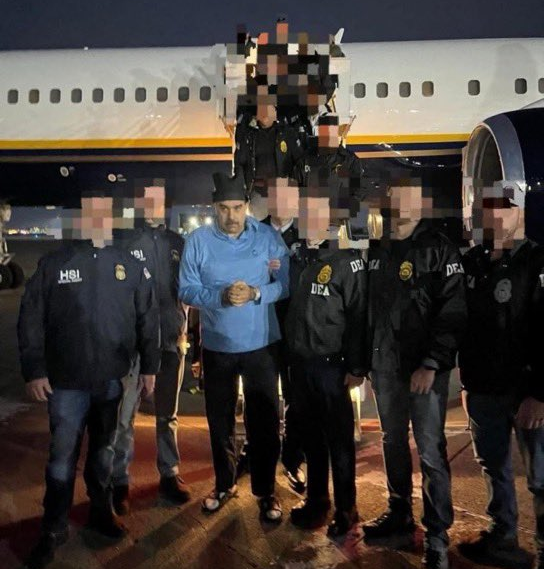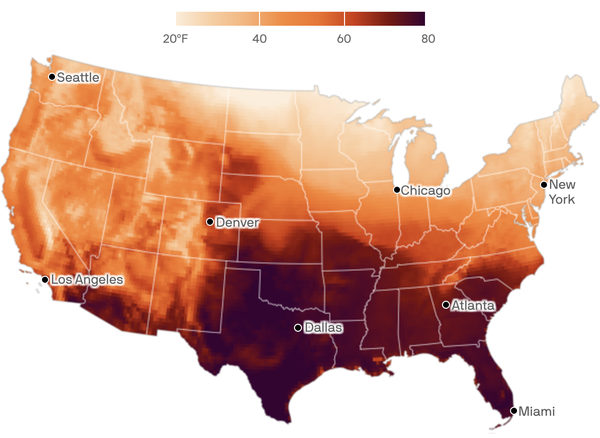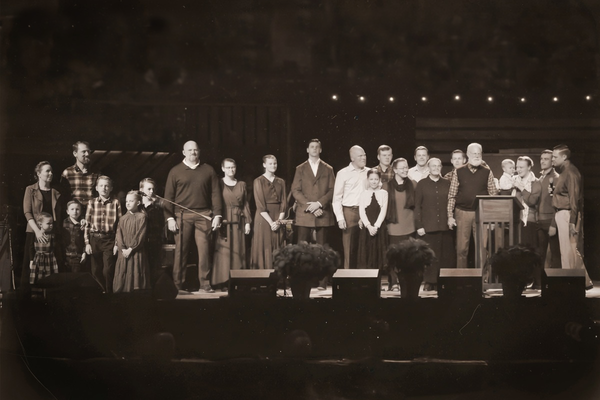Colors in the Sky
After record July rains brought beauty and relief to Texas, a deadly flood on the Guadalupe River turned blessing into tragedy. This reflection remembers lives lost, heroes found, and the enduring power of love, faith, and community in the face of heartbreak.
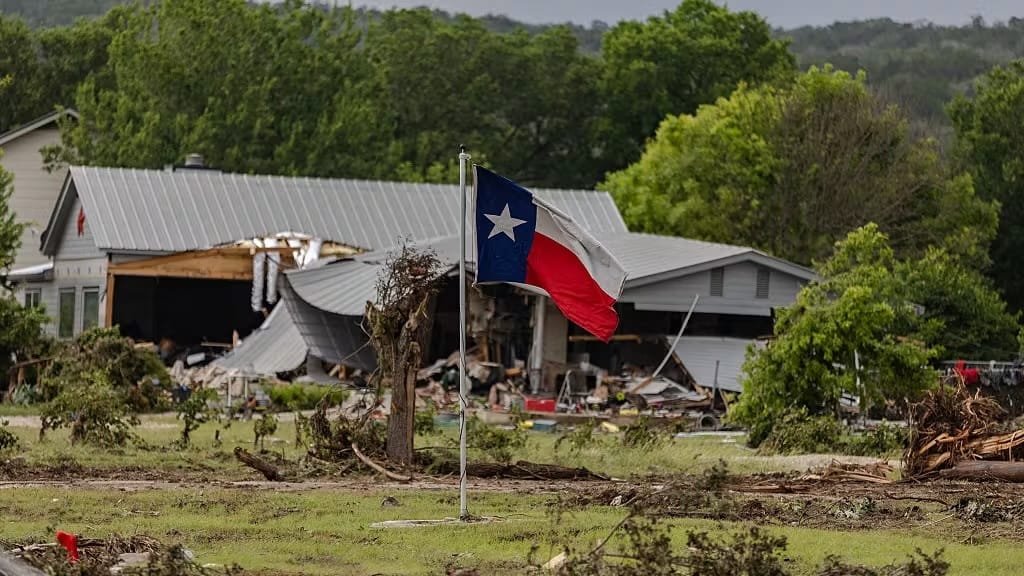
I cannot remember a July in my lifetime with so much rain—and such pleasant relief from the usual blistering Texas heat. We thought June was mild. But then July has followed with verdant fields, cooler mornings, and evening skies painted in amber and lavender. The air even smells different—like life and promise and hope.
Our pastures are lush and green. We may not even think about feeding hay to our sheep until mid-August.
But beneath all this beauty—while admiring the glorious sunsets—there’s a quiet ache. A weight. Because all this rain—this unlikely July blessing—became a curse on the night of July 4th, along the Guadalupe River near Kerrville, Texas.
In the darkness, waters rose without warning. And then they surged. A midnight torrent exploded through the banks, swallowing entire structures, ripping walls from buildings, hurling cars and RVs like toys, and trapping people, many of them children, inside. It may yet prove one of the deadliest floods in our state’s history.
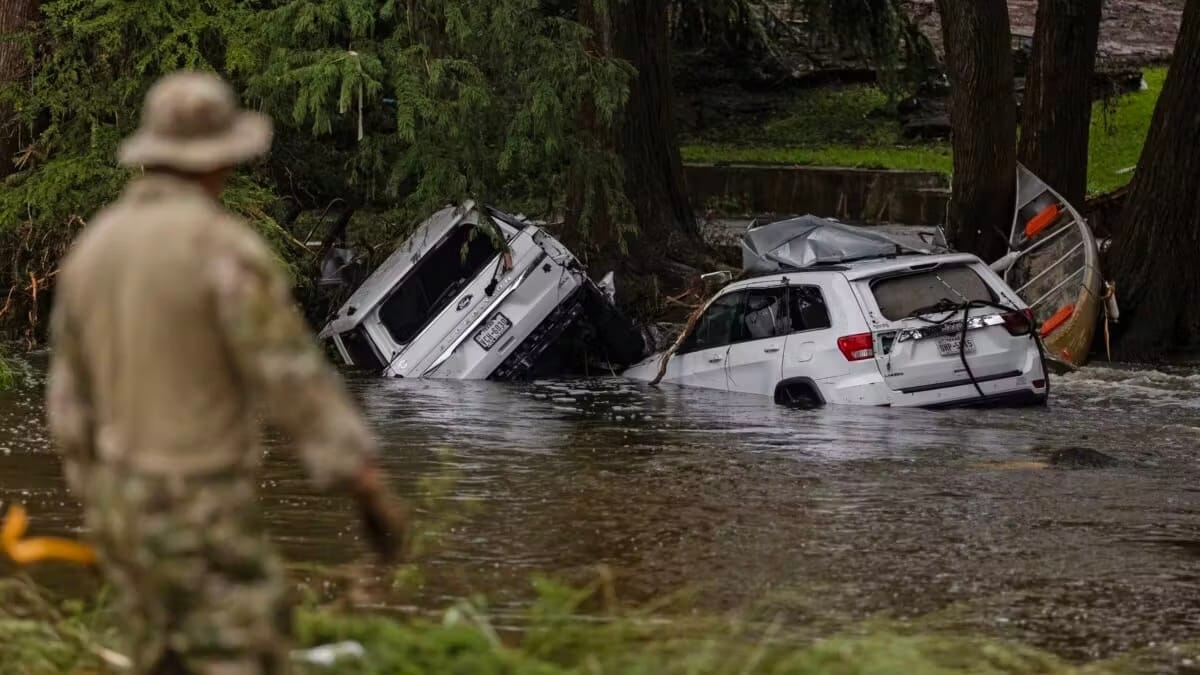
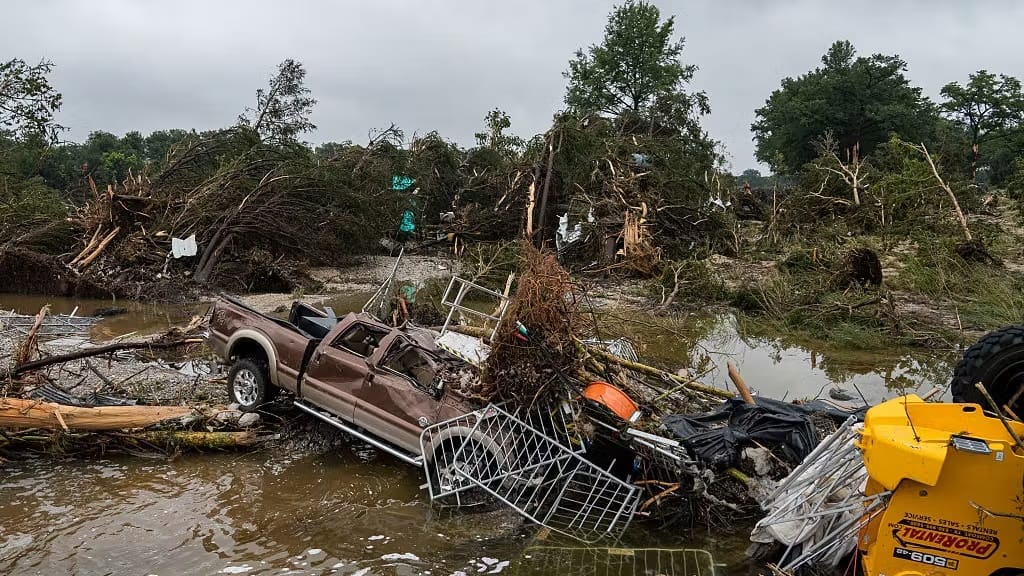
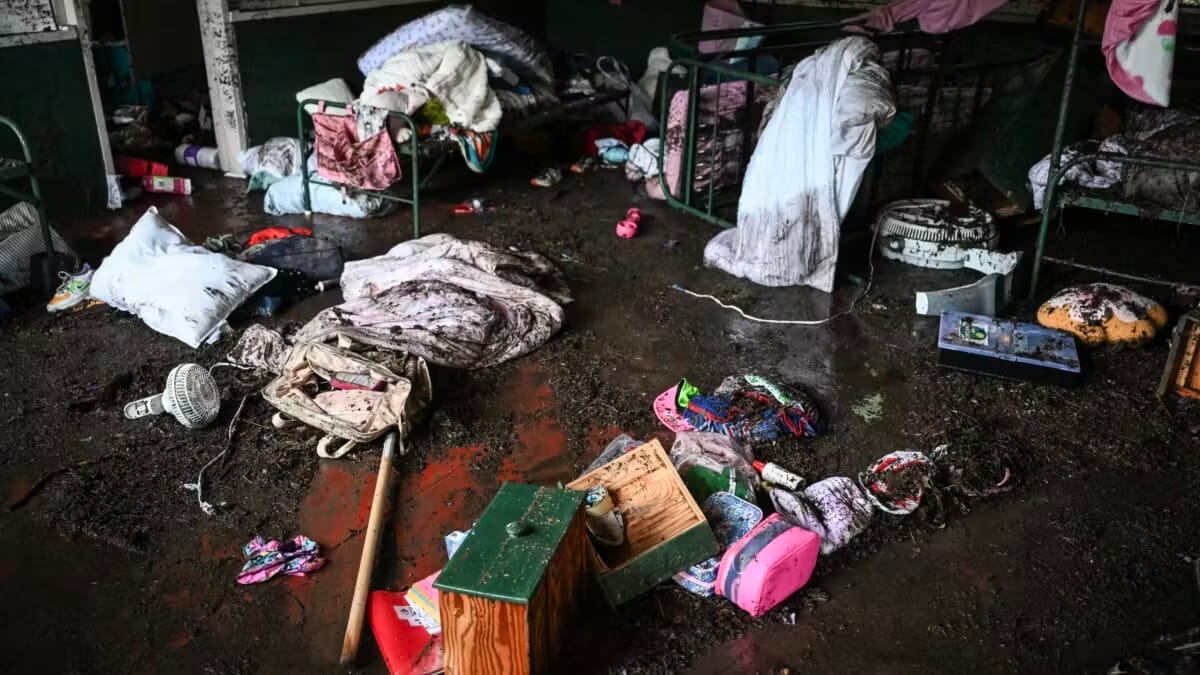
The Toll
- 119+ confirmed dead, including 94 in Kerr County alone.
- 180+ still missing, as of this writing.
- No survivors found since Friday night.
- Rescue teams—on horseback, with dogs, drones, and boats—are now in recovery mode.
The entire regional tragedy—especially at Camp Mystic—has left a wound across Texas and in the hearts of all decent people. You grasp at words to describe such loss. But what language is enough for this?
One young woman was carried over 15 miles downstream, clinging to tree branches, calling out for help. Hours later, responders found her exhausted but alive.
Dick Eastland, beloved director of Camp Mystic, died trying to save the campers entrusted to his care. The flood overwhelmed the cabins. 27 girls and staff perished. Five girls and one counselor are still missing. Eastland spent his final moments ensuring others made it out before him.
And in the chaos, Coast Guard rescue swimmer Scott Ruskin, on his first deployment, saved over 160 people, many of them children, guiding them from roofs, trees, and shattered homes to safety.
This Sunday, we gathered as a congregation to do the only thing that can still reach into a storm like this: we prayed. We lifted up every grieving heart into the hands of the only One whose arms are large enough to carry all the pain in the world.
Pray for:
- The families facing unspeakable pain.
- The rescue teams who must now become recovery teams.
- The survivors, who face long roads of healing.
The floodwaters have receded, but the sorrow has not.
Love Is Stronger
Some rainbows are the kind children draw—coloring-book bows arched across the sky, a promise that the world will never again be swallowed by a flood. But other rainbows are harder to see. They shimmer in memories of rosy cheeks and bright blue eyes, in the flash of a smile no storm can scrub from a parent’s mind.
Some rainbows are not made of light at all. They come in the green uniforms of EMTs, in the orange of rescue boats, in the blue of police vests. They shine in the steel of resolve, in the unmatched courage of those who run toward the flood when all others flee.
I was struck—again—by this: in the darkest hour, the best of humanity often emerges.
A father, caught in the storm, smashed out a window with his bare arm, bleeding and torn, to lift his family to the roof. His only thought: Save the children. He got them to safety. But he did not survive. His blood was the price of their lives. What is that if not love—strong, unfiltered, unrelenting? And it’s more powerful than the fear and waves and tragedy.
Or the young Coast Guard rescue swimmer Scott Ruskin, just deployed, dropped into a scene of chaos—over 160 children lost, weeping, terrified. And it’s his first mission. But to them, he must be a lighthouse. A shepherd. A voice that tells them, “Help has come. You are not alone.” And he does it. He brings order. He brings calm. He brings hope.
As children were bussed through wreckage and ruin, they began to sing:
“Lord, prepare me
to be a sanctuary—
pure and holy,
tried and true.
With thanksgiving,
I’ll be a living
sanctuary for You.”
That’s when I wept.
That’s when I saw the rainbow clearly—not in the sky, but in the human spirit. In faith, rising through the floodwaters. In children praising their Savior from the rubble.
And I’ll tell you something: the flood of prayers, the tide of rescue and help, the rallying love of an entire state—that is stronger than the river. Stronger than destruction. Stronger than fear.
Because love is as strong as death, and many waters cannot quench it!
That’s what the world comes down to: a battle between love and hate. Between chaos and peace. Between storms of terror and armies of kindness.
And I believe this with all my heart: No flood will ever drown the courage of a father for his children. No storm will ever silence the voices of children who sing to their heavenly Father. No tragedy will ever wash away the goodness still rising from the hearts of men and women made in His image.
Every storm calls forth a counter-flood of compassion. Every disaster unearths the hidden heroes. Every tragedy paints new rainbows—sometimes in colors we’ve never seen before.
And those rainbows stretch over graveyards. Over broken homes. Over deep, black waters. Over a state that is grieving . . . and helping. Hurting . . . and rising.
Like a smile from heaven, they remind us of new beginnings.
Life will win again.
Love will rise again.
And even here—especially here—God is still with us.
Please continue to pray—and if you have a story to share or someone you’re praying for, feel free to share it. Let’s bear our neighbors’ burdens and believe for healing, together.

